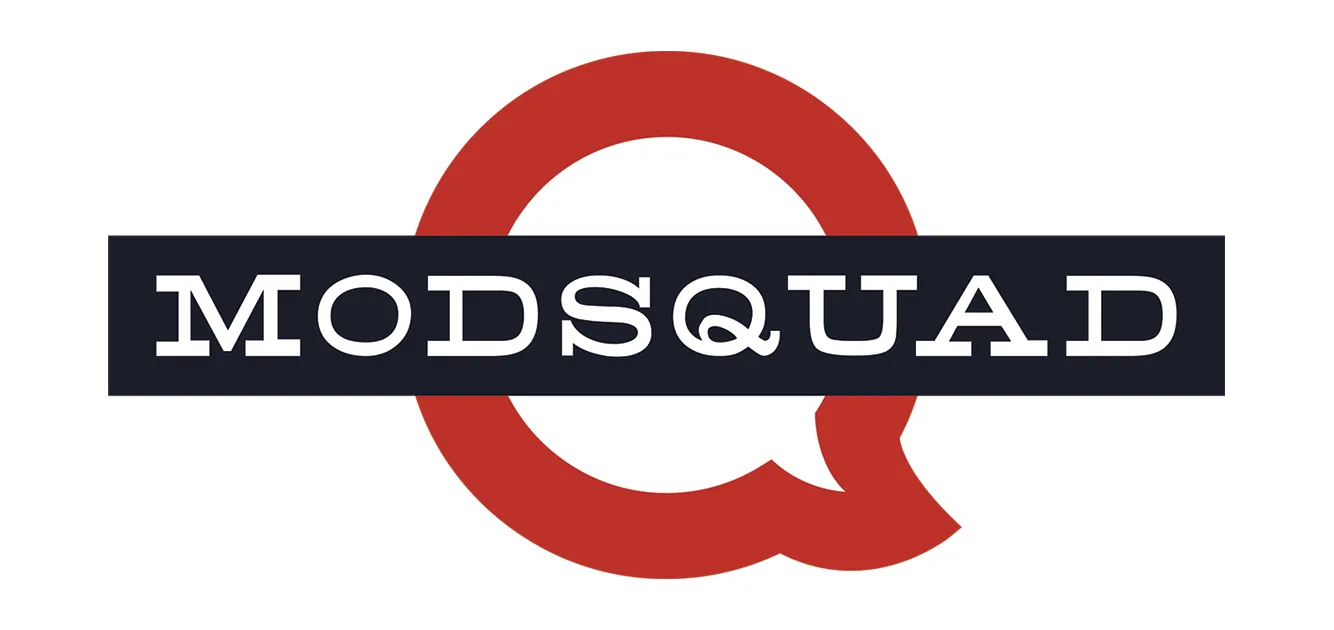
Excited Rambles about Game of War: Fire Age

Typical developers, you see, are hard-core fans themselves, and as such – when given the opportunity to dream big – they think of all the lovely, amazing things THEY wish they were able to do in other games… and then try to incorporate such techniques into what they’re working on (if applicable, of course). One of those desires is the art of global play: the ability to melee with players around the world.
Most know that “playing globally” means there are limitations. Online games and games on apps operate under certain pressures like load, language barriers, player caps, culture references, monetization needs, publishing or licensing rights, etc. Game companies are forced to build in corralling shards/servers (grouping mechanisms), which help mitigate frustration, but ultimately limit “global” interactivity.
 As a community, customer service, moderation, social media person, I’m 24/7 in the middle of the storm once a game launches. For us, a game cannot truly be global without proper localization (game text, chat resources like filters, and service staff). It becomes quite the feat for a game to conquer the language-divide, which is why I’m excited about what our friends at Machine Zone have in store for Game of War: FireAge, which is set to launch in the iTunes App store soon. According to the article by the New York Times’ Chris Suellentrop:
As a community, customer service, moderation, social media person, I’m 24/7 in the middle of the storm once a game launches. For us, a game cannot truly be global without proper localization (game text, chat resources like filters, and service staff). It becomes quite the feat for a game to conquer the language-divide, which is why I’m excited about what our friends at Machine Zone have in store for Game of War: FireAge, which is set to launch in the iTunes App store soon. According to the article by the New York Times’ Chris Suellentrop:
Game of War is basically a medieval FarmVille crossed with Risk. You start out with a small city that you improve by building farms, logging camps, mines, barracks for soldiers and more. Each action requires a certain amount of time to complete. It could be minutes, or it could be hours or even days. Eventually, you join an alliance with up to 100 other players who help you speed up your construction and assist in simulated battles with other people’s cities. The game exists on a single map that includes every player’s city, and the action unfolds whether you log on to participate or not.
Two elements got me SUPER excited about this game, one as a gamer, and the other as an industry nerd.
- Comparison to Risk. As a camp counselor for almost 15 years, you come to appreciate the glory and epic strategy that comes with hardcore Risk play, and time-suck (lol). Bored kids will duke it out to play this game, seriously (granted board games meant shelter from the sun, air conditioning, and glass walls blocking mosquitos…). Risk is one of those games – it’s classic game play mechanics: world domination and friend-conquering. Now, toss in Farmville elements? There goes my [battery] life!
- The translation & communication tools. If you’ve seen any blog posts by me in the past, you might note that I’m a bit of a behavior/moderation nut, particularly focusing on the nuances of filters. I’ve worked on several multi-language games, and it can get REALLY tricky balancing colloquialisms and general language barriers. For a game to take on THIS level of global-engagement? Very, very exciting.
Suellentrop goes on to explain the translation tools for the game:
The game’s most impressive feature is an instantaneous translation of text-based online chat. If someone writes “MDR” in French (for “mort de rire,” or “dying of laughter”), an English-speaking player sees it as “LOL.”
 I cannot tell you the excitement this brings to my chat-filter-nerd heart. There are so many games that I wish had this ability. I cannot wait to see how it works, test it out, and conquer some folks around the world!
I cannot tell you the excitement this brings to my chat-filter-nerd heart. There are so many games that I wish had this ability. I cannot wait to see how it works, test it out, and conquer some folks around the world!
While most devs in brainstorm meetings are thinking of impossible new baddies or epic fight techniques – this stuff, the community-centric tools… this is what I am day-dreaming of! Thanks, Machine Zone!
Izzy Neis
Director of Engagement & Strategy

